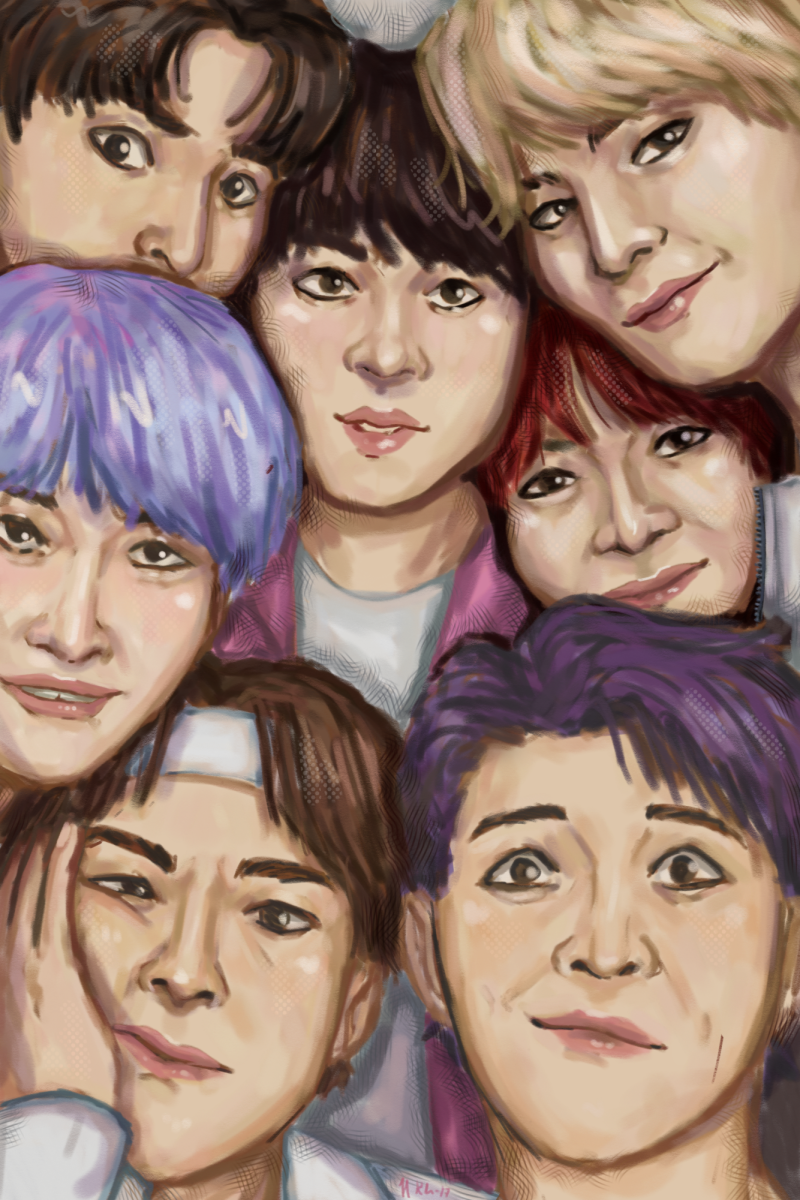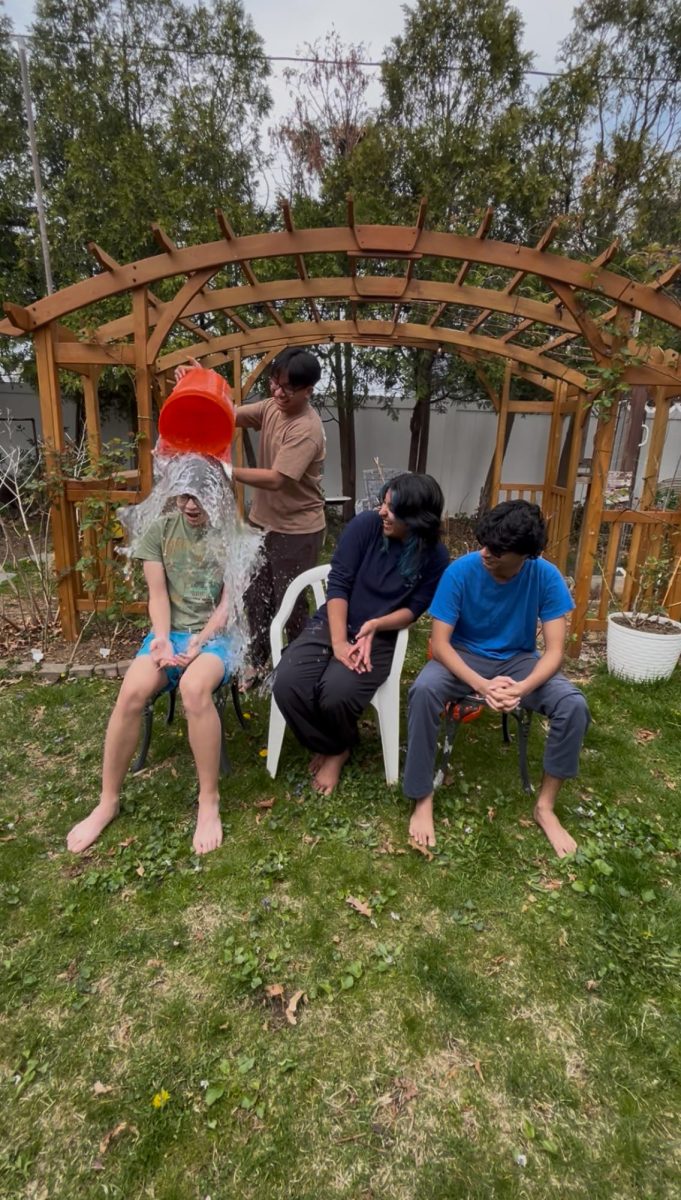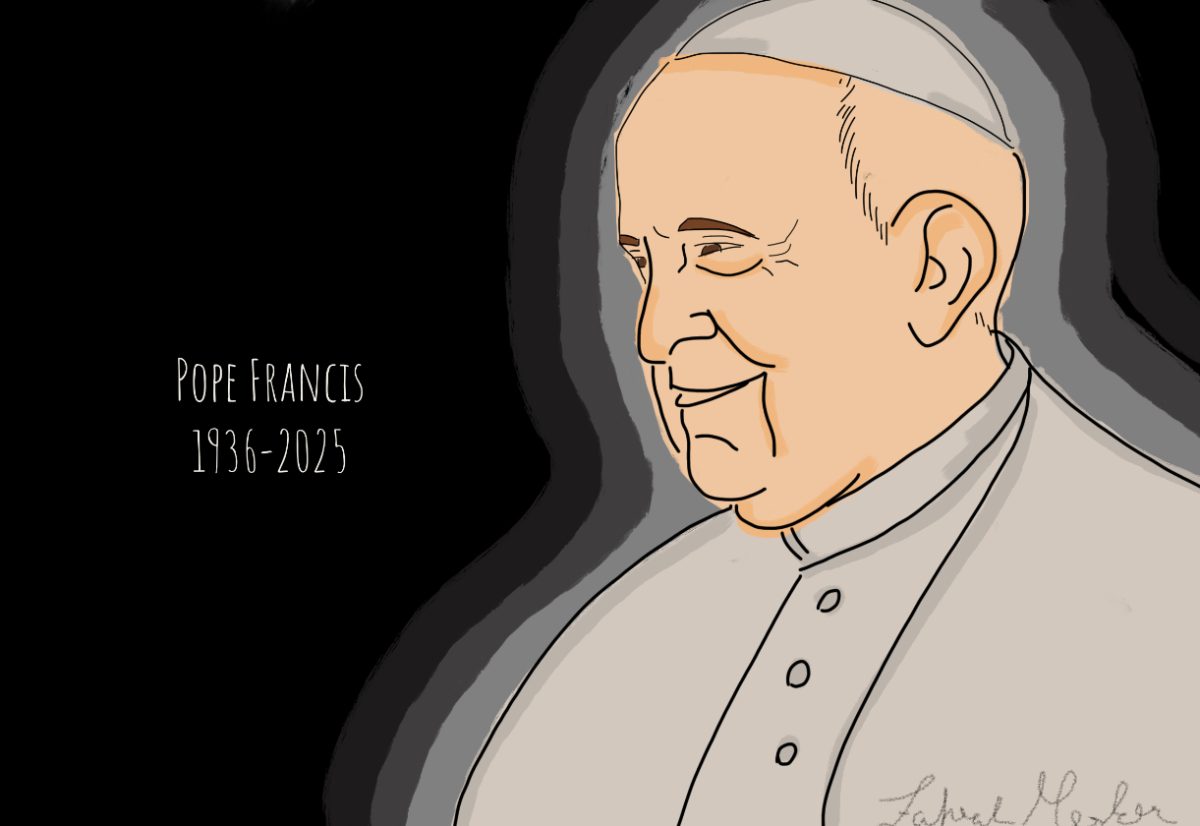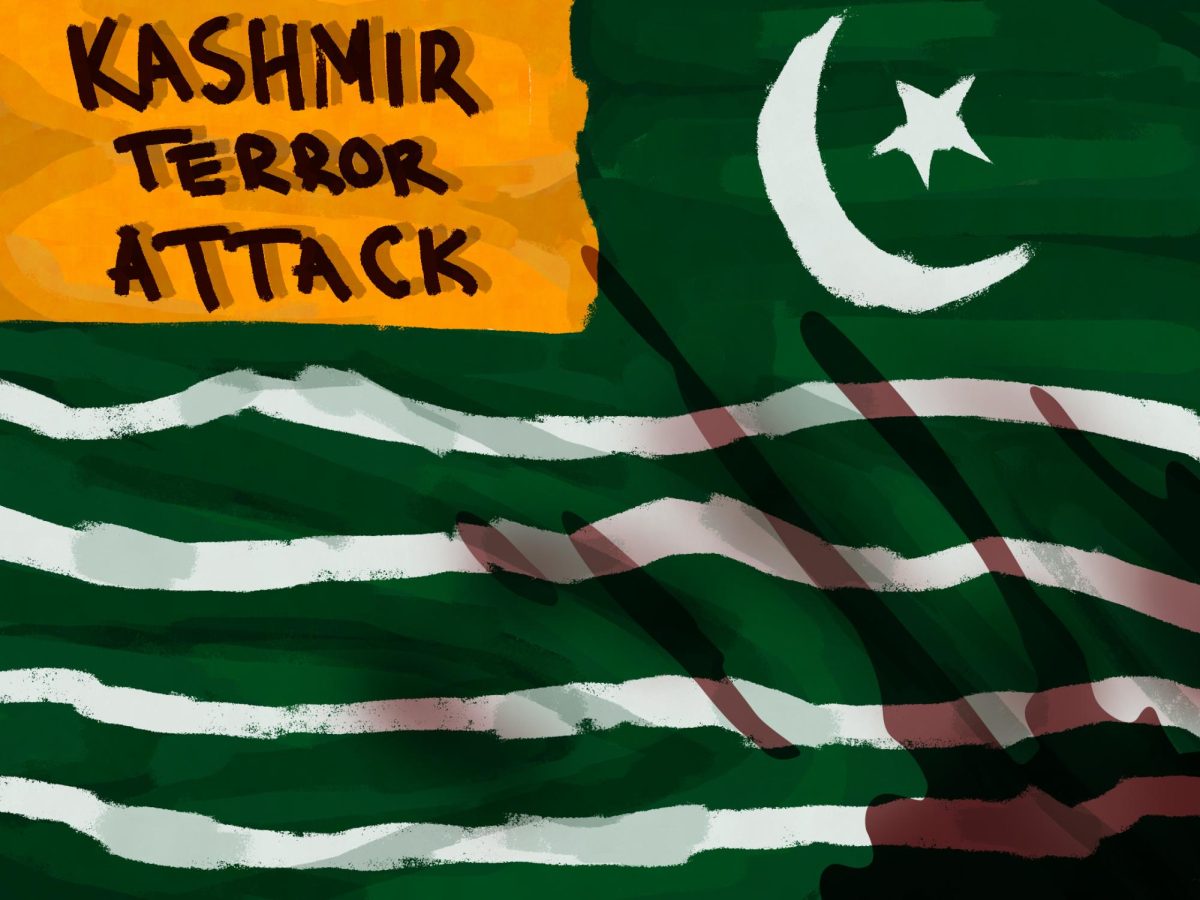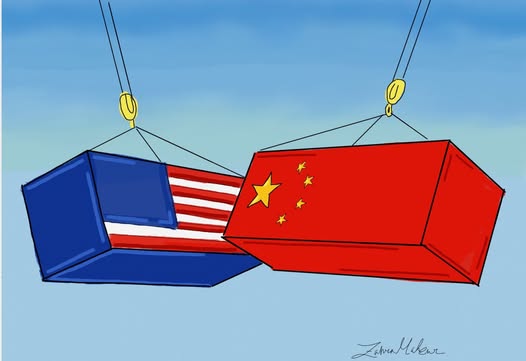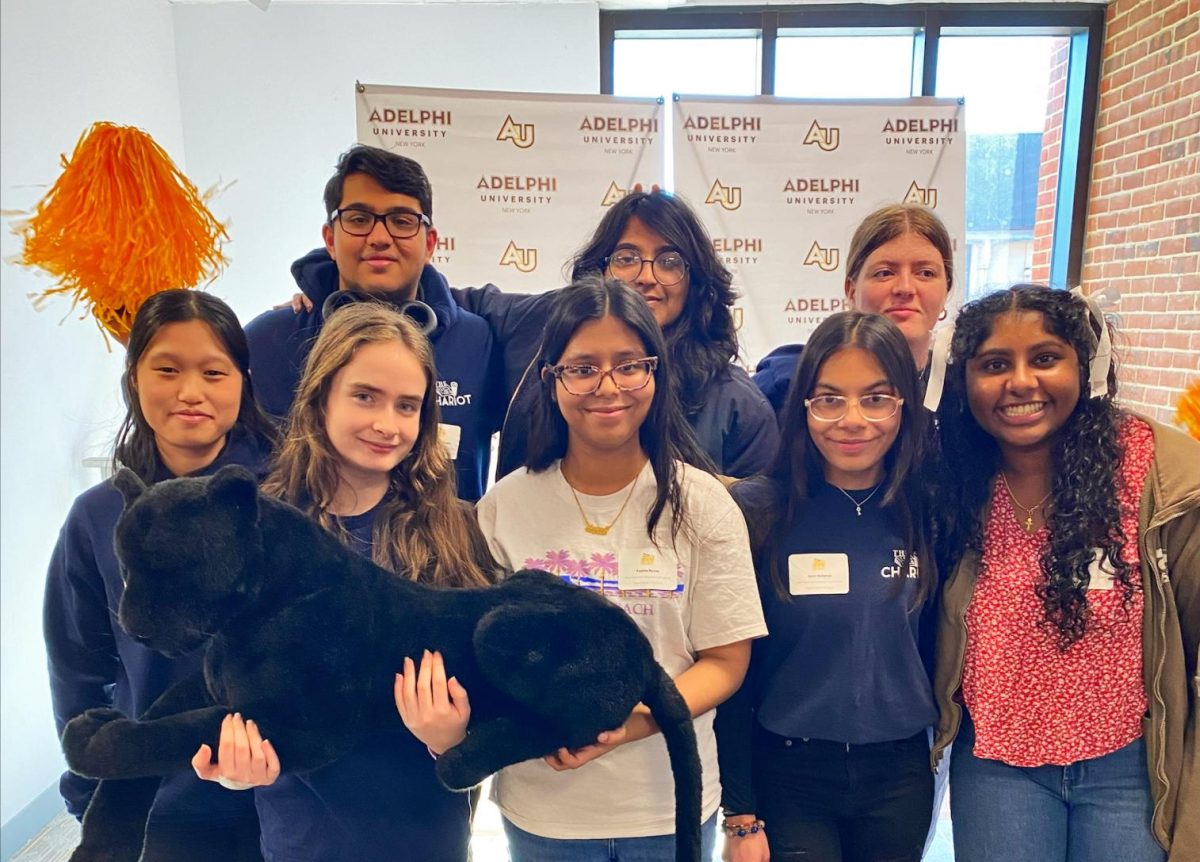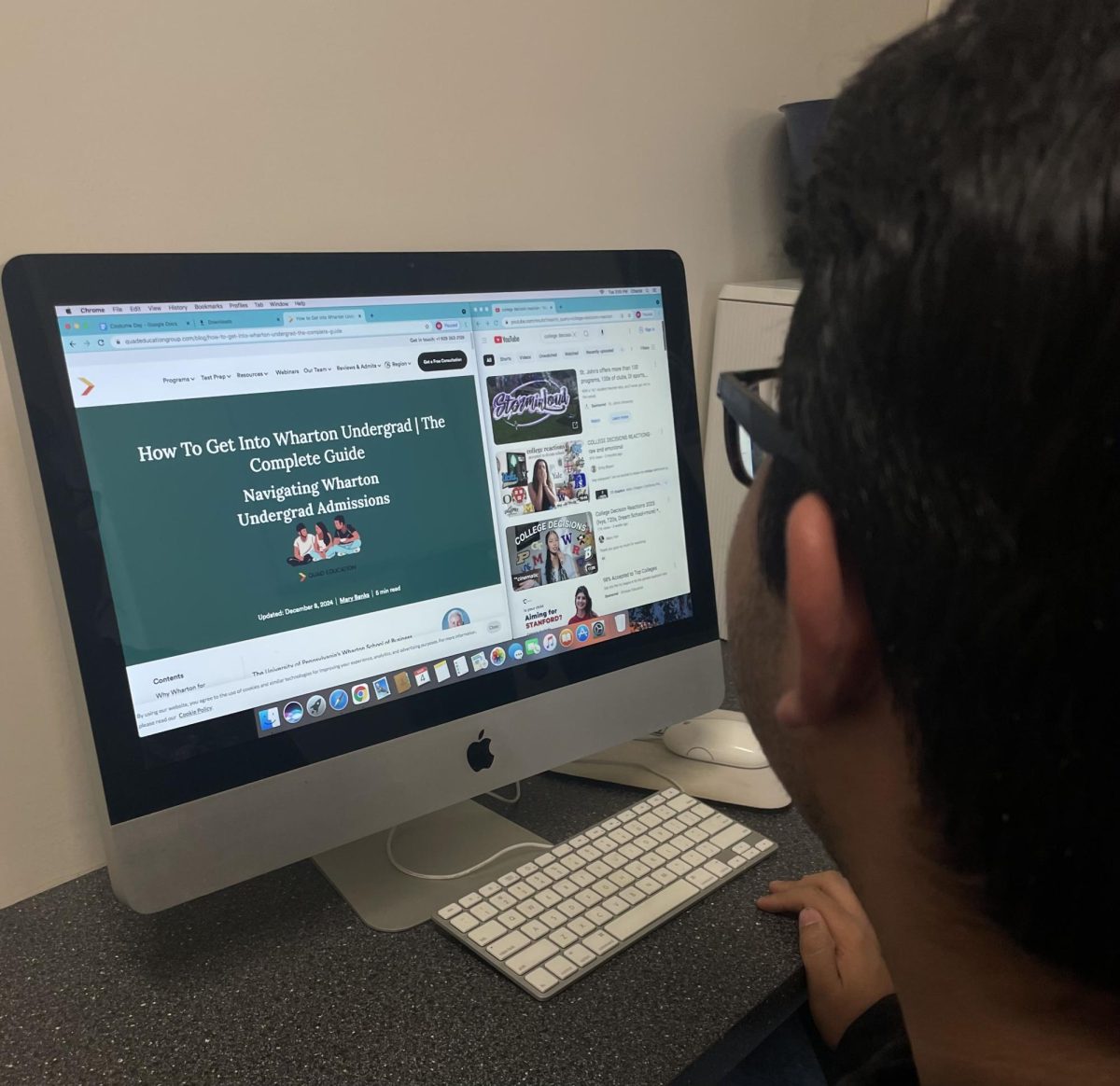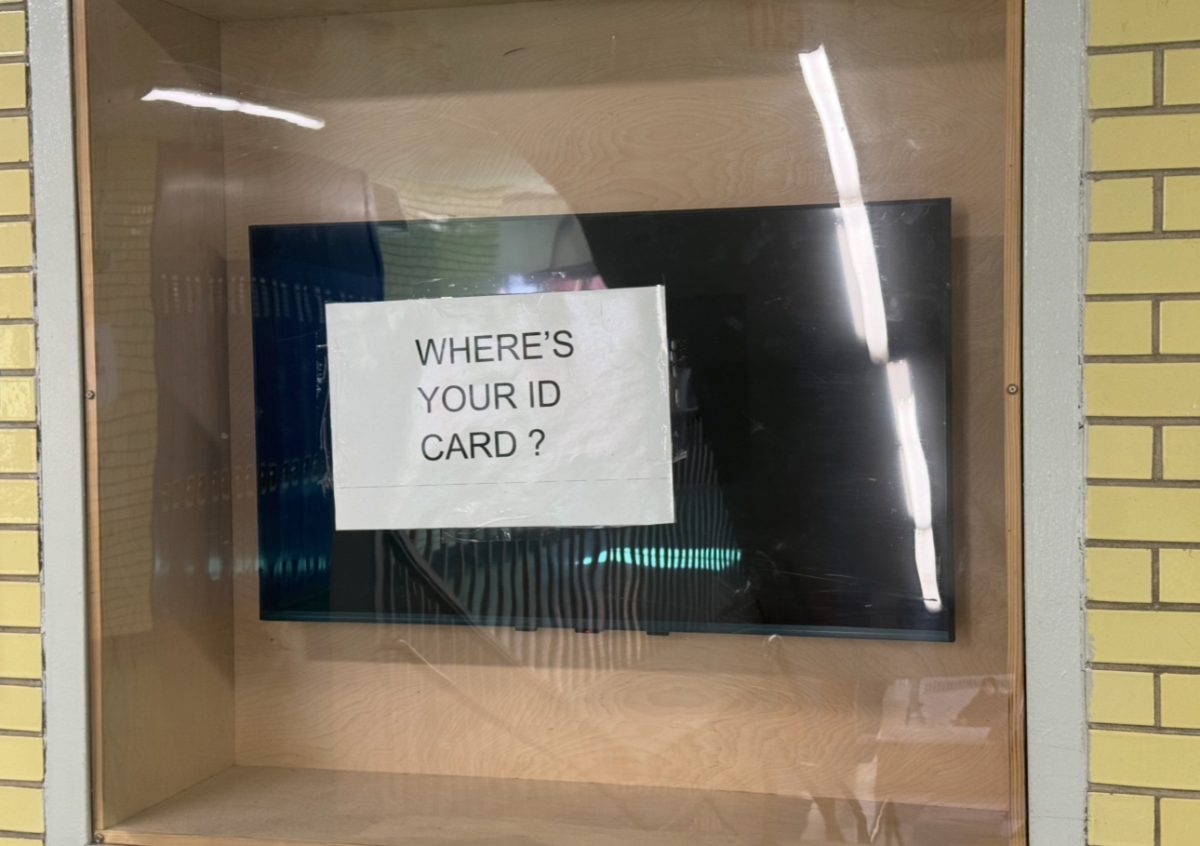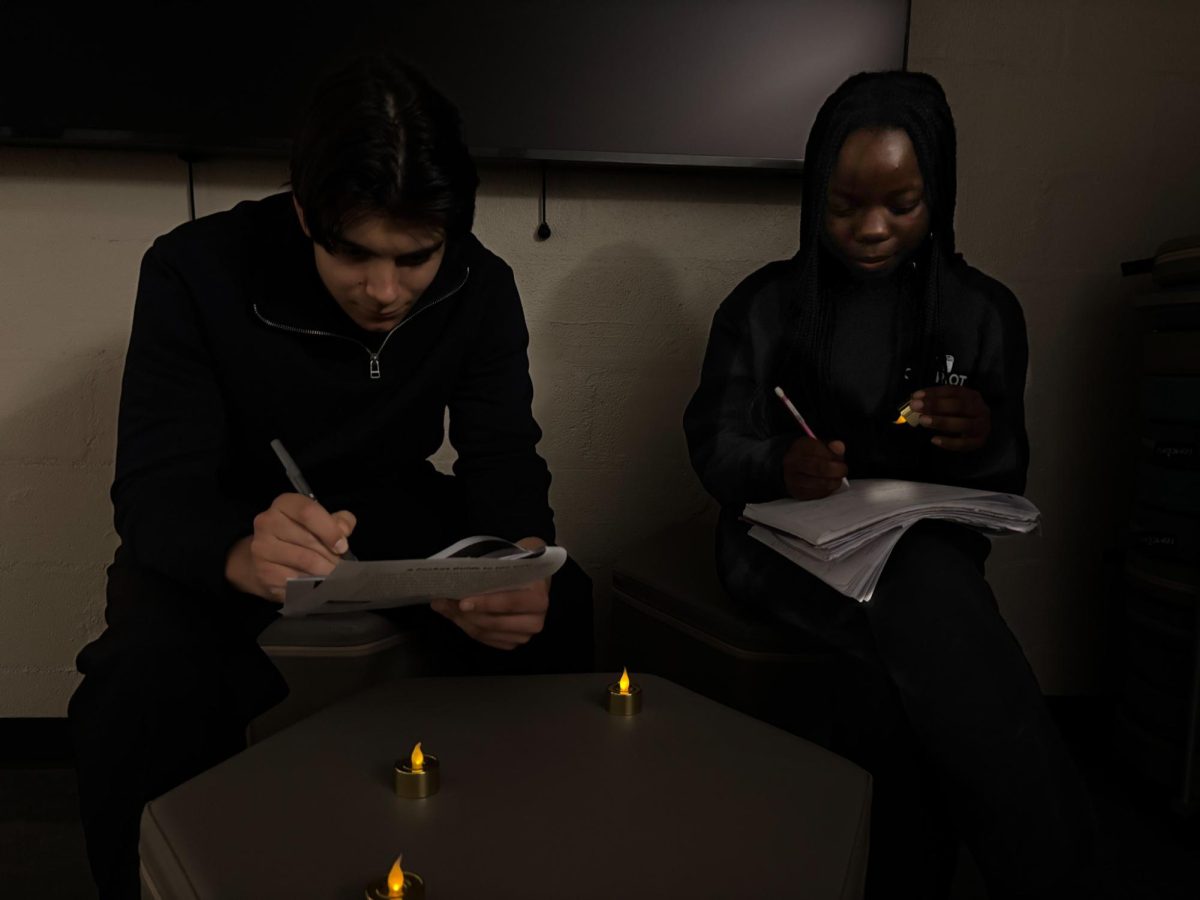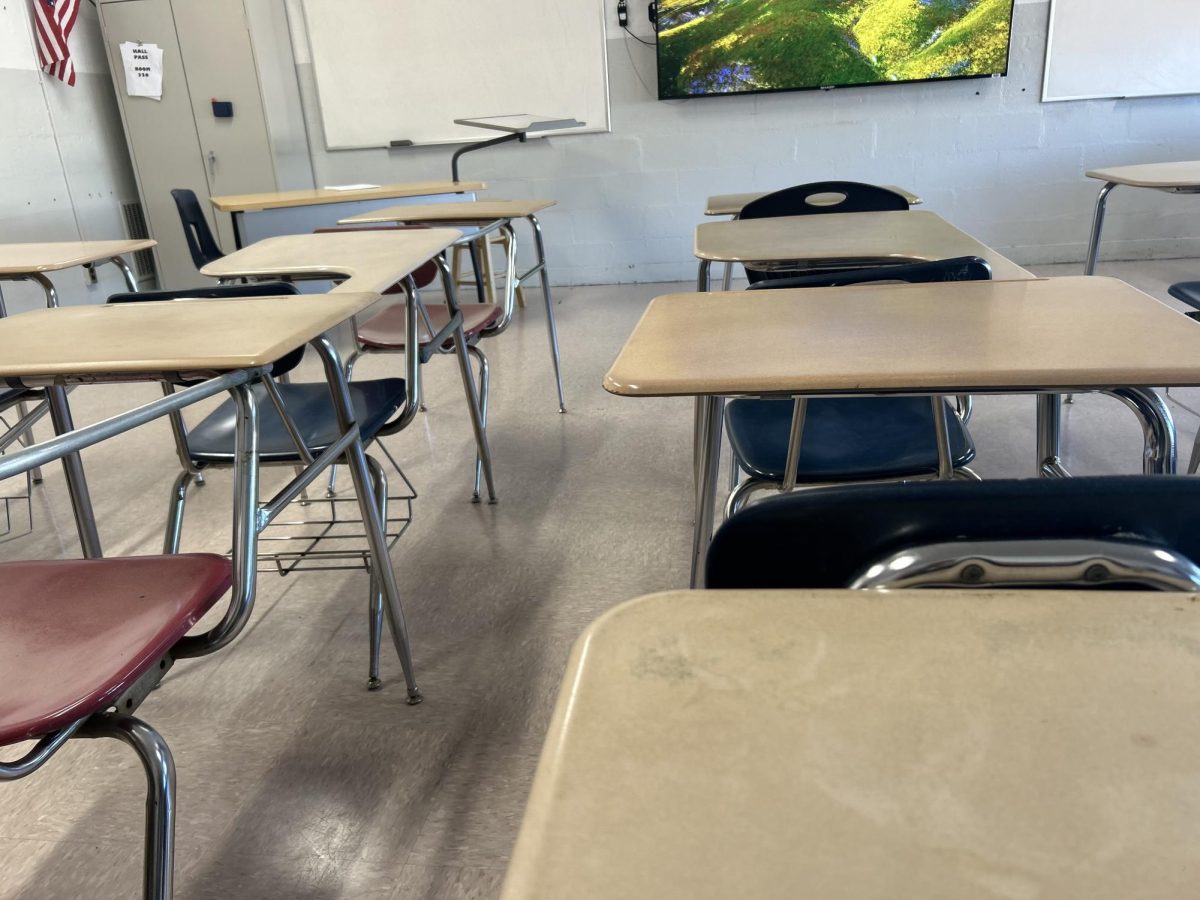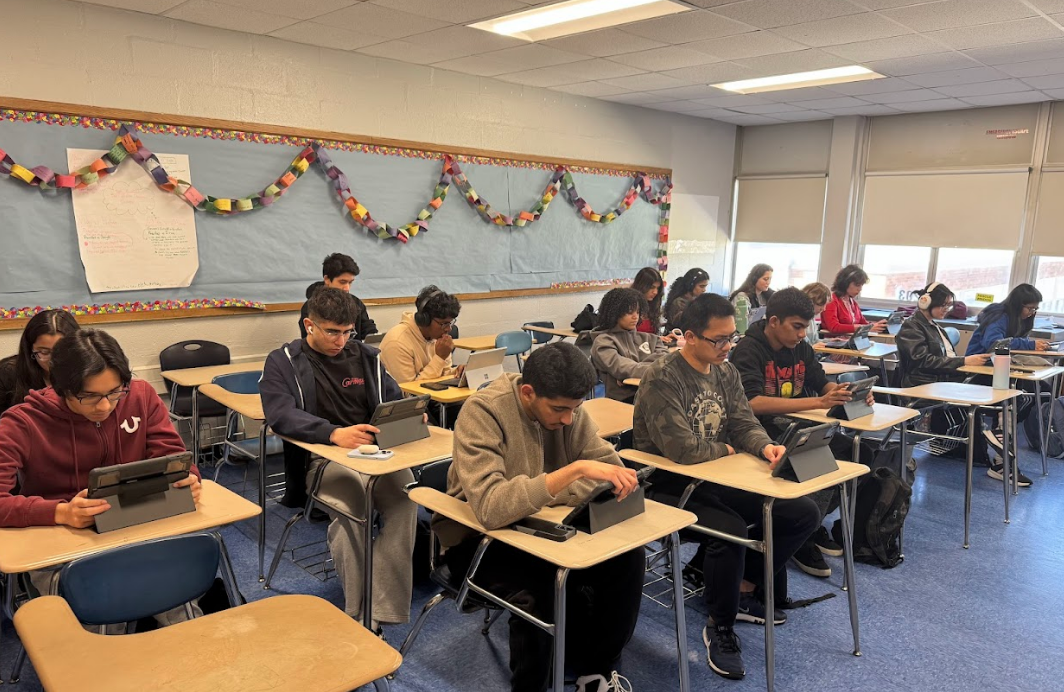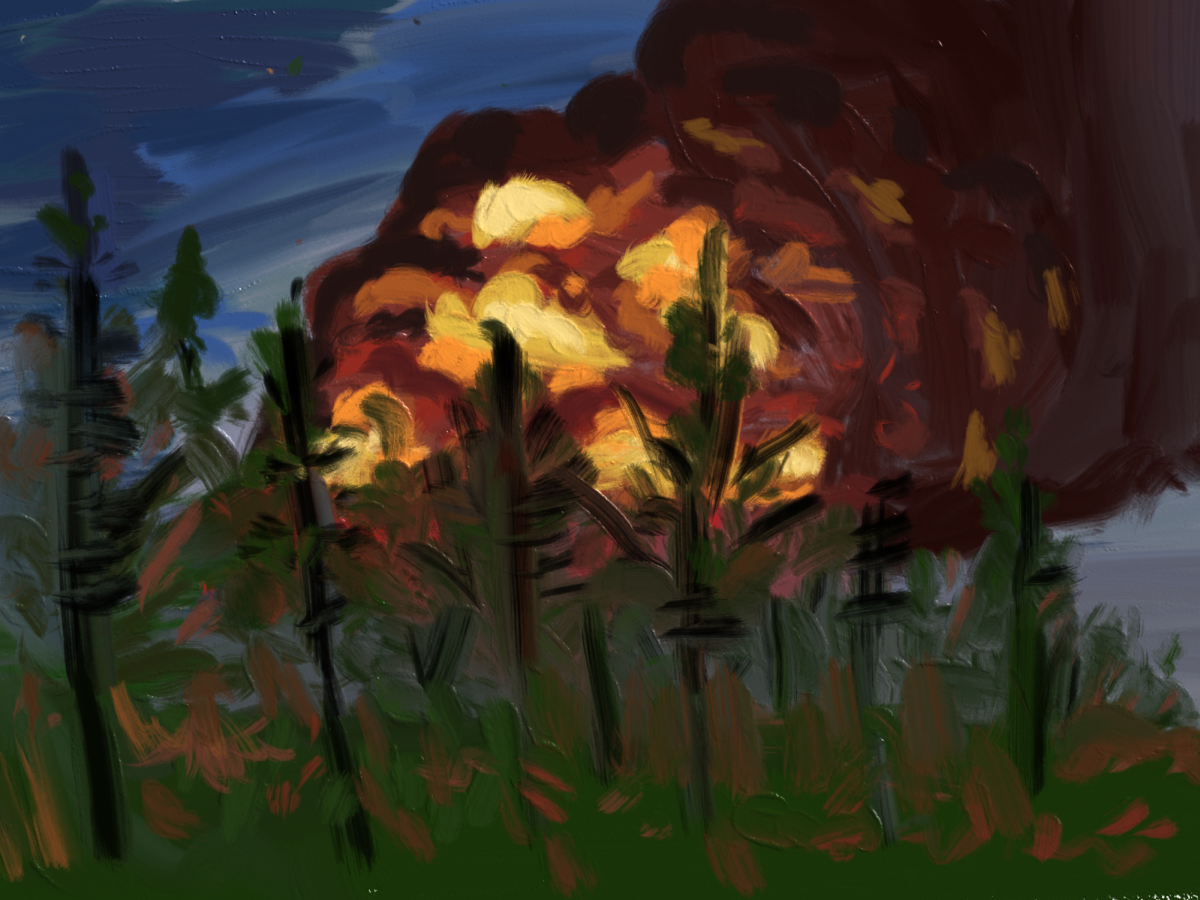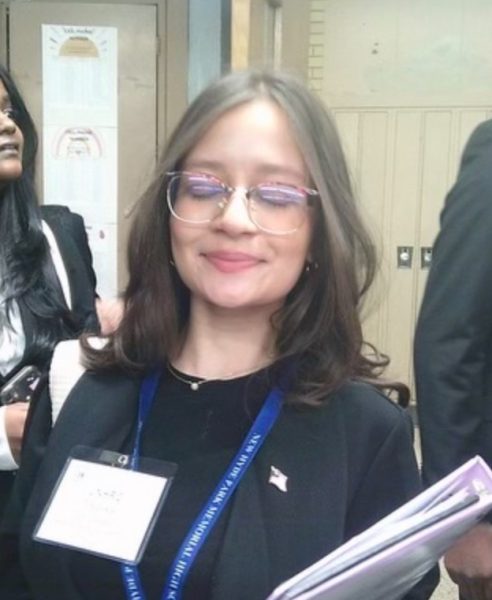The passing of Pope Francis marks a significant turning point for the Roman Catholic Church, concluding an era defined by compassion, outreach and progressive dialogue. Pope Francis, born Jorge Mario Bergoglio, profoundly reshaped the Church’s global image through unprecedented openness and a humble approach to leadership. His tenure highlighted pivotal movements toward inclusivity, interfaith dialogue and ecological awareness.
“Watching the conclave unfold is like witnessing history in real time,” senior Sahir Bhatia said. “Even non-Catholics can’t help but be curious.”
Francis’s papacy notably addressed issues traditionally viewed as contentious within the Church. He advocated for greater compassion toward marginalized communities, openly addressing LGBTQ+ rights, the reintegration of divorced Catholics and the urgency of climate change action. His emphasis on simplicity and advocacy for the poor brought the Church closer to its foundational principles of charity and humility, making him a widely admired figure across religious and secular communities alike.
“I am glad that Pope Francis stayed true to his mission and ensured that he was remembered as a humble pope,” senior Victoria Wittek said.
The significance of Pope Francis’s death extends beyond religious boundaries, affecting global discourse on morality, social justice and interreligious harmony. His death initiates the centuries-old tradition of electing his successor through the papal conclave, an intricate ritual involving the College of Cardinals. Cardinals gather in the Sistine Chapel, secluded from external communication, to cast ballots. White smoke emerging from the chapel indicates the election of a new pope; black smoke signals indecision. This timeless process symbolizes continuity and tradition within the Church.
“Leo XIV seems like someone who will honor Pope Francis’s mission while carving out his own path,” Dean Madigan said.
Emerging from this historic conclave is Pope Leo XIV, formerly Cardinal Matteo Bartoli of Milan. Pope Leo XIV is widely viewed as a balanced leader, combining theological rigor with a strong commitment to social justice. His selection signals an intention among Church leaders to sustain Francis’s humanitarian legacy while navigating internal Church debates and global issues with cautious reform.
“His impact on the Church has been monumental. He made it feel like it could evolve without losing its soul,” social studies teacher Mr. Novak said.
The legacy Pope Francis leaves behind will undoubtedly influence Pope Leo XIV’s papacy. Francis’s focus on humanitarian efforts, environmental consciousness, and inclusive pastoral care positions the Catholic Church to continue evolving in response to contemporary global challenges. The Church now stands at a critical juncture, tasked with balancing tradition and modernity under Leo XIV’s newly inaugurated leadership. The eyes of the Catholic faithful and the wider world will closely follow this unfolding chapter.

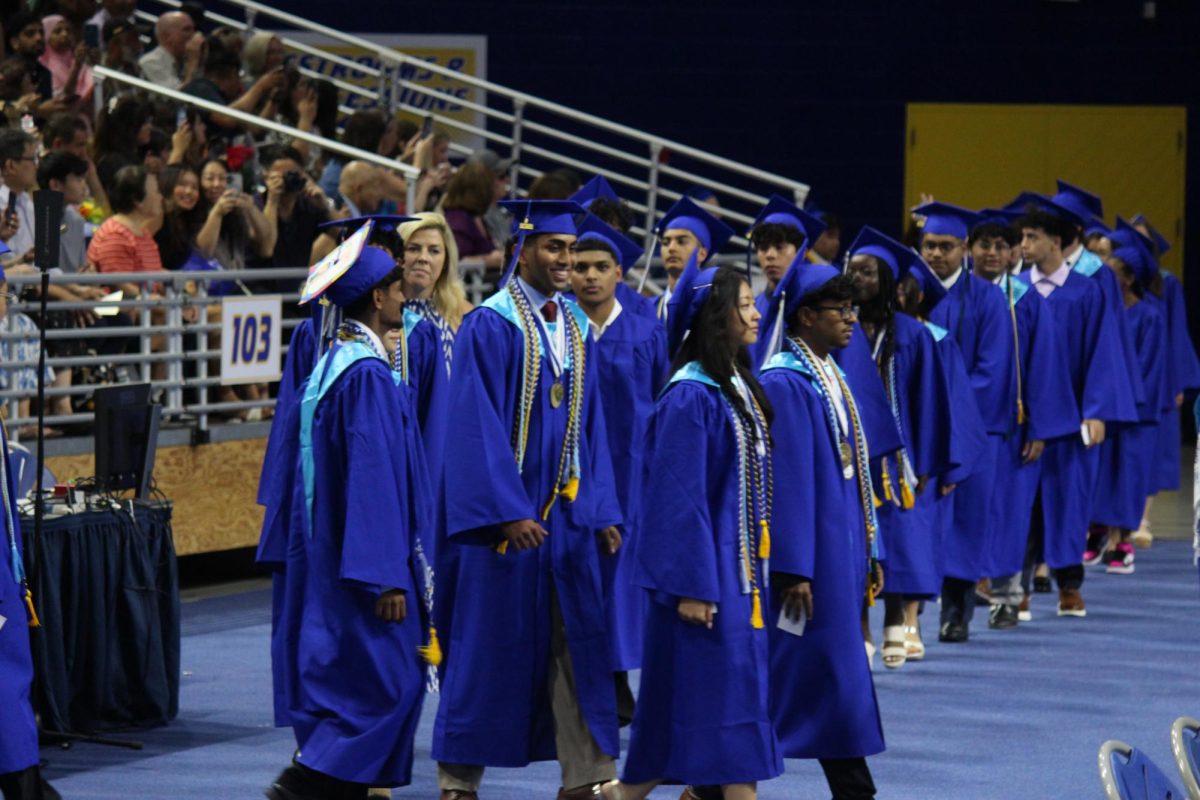
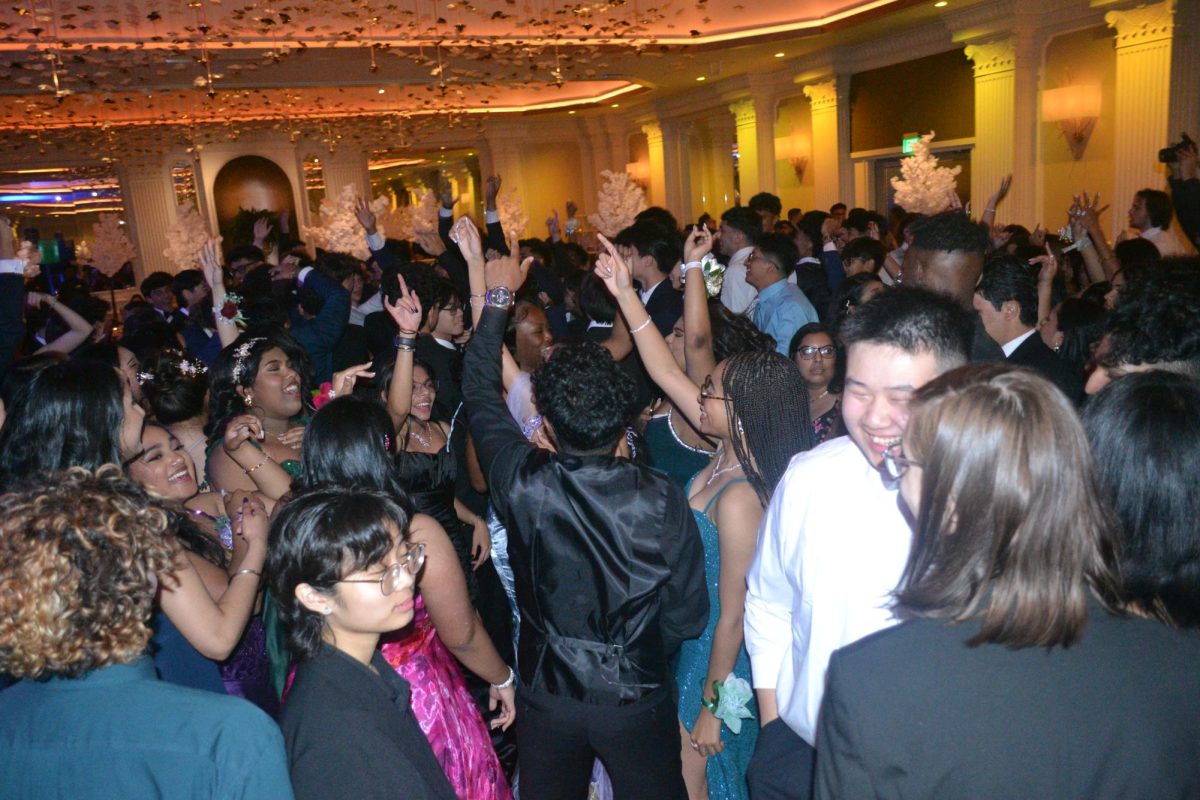

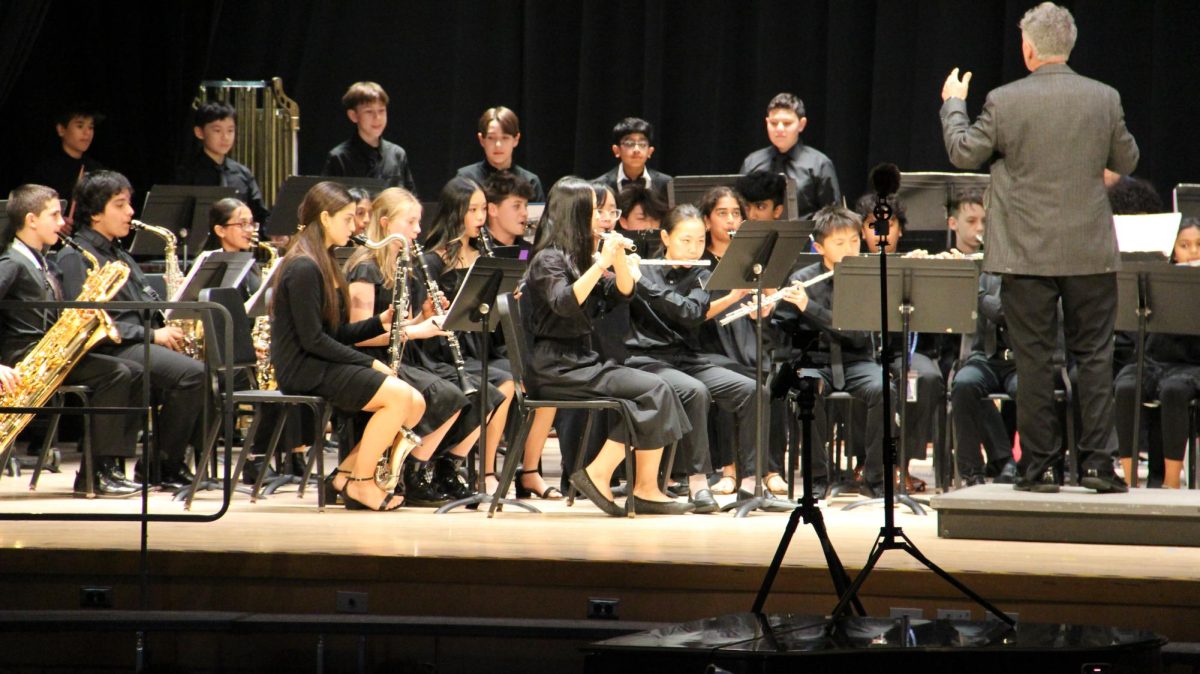







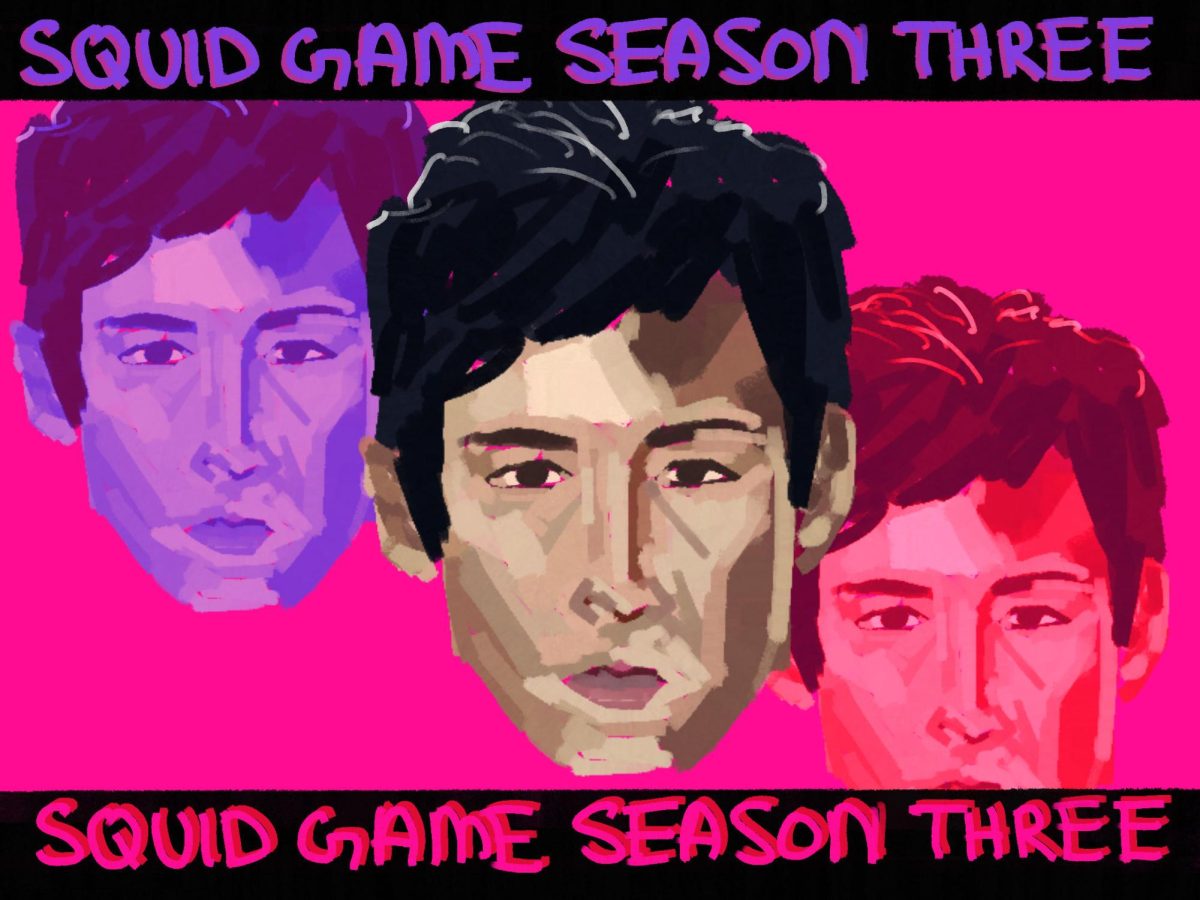
![”[Billie Eilish] truly was made to be a performer and I hope everyone has a chance to see such an amazing show,” junior Nyelle Sarreal said.](https://nhpchariotonline.com/wp-content/uploads/2025/06/IMG_1108-e1749239774437-1200x860.jpeg)

